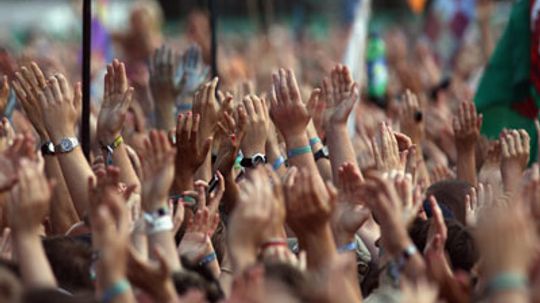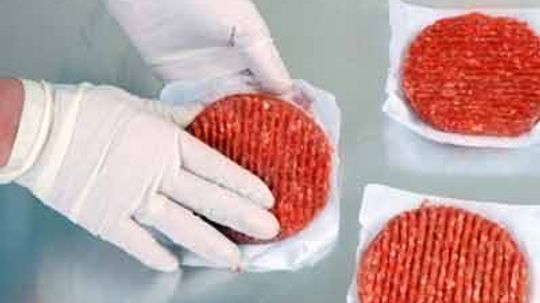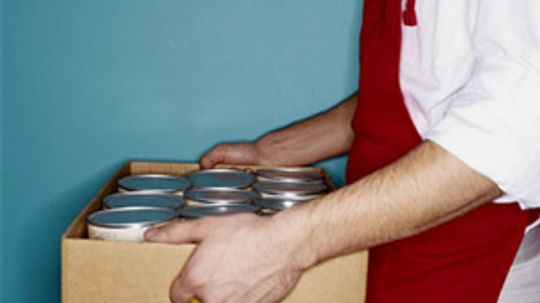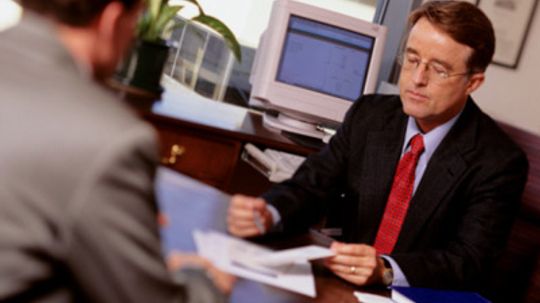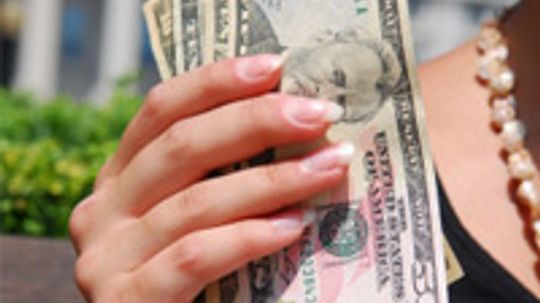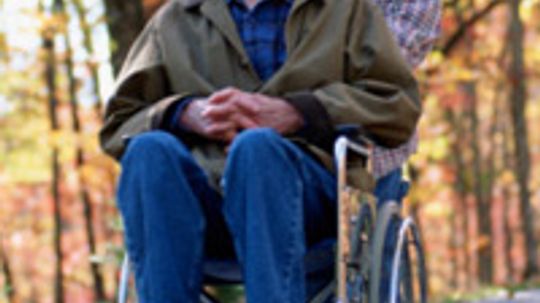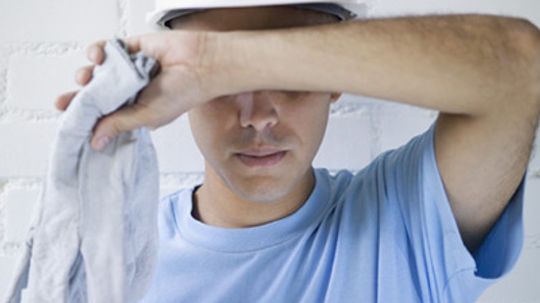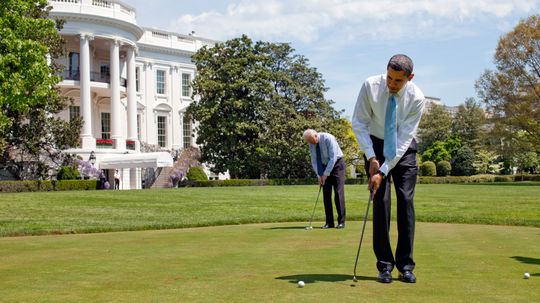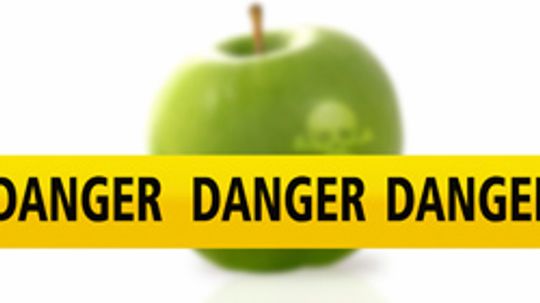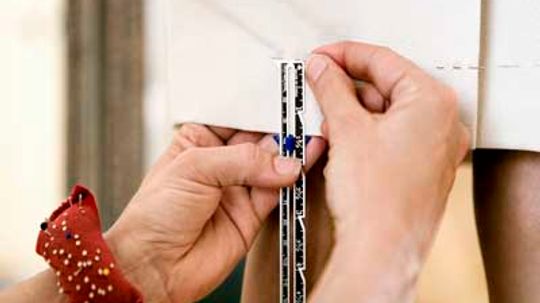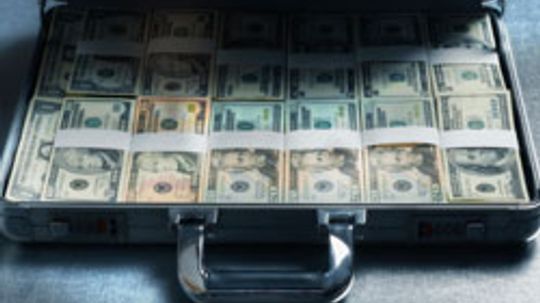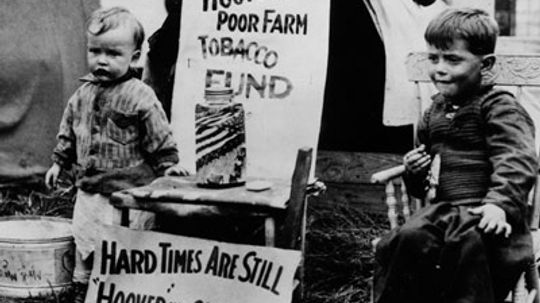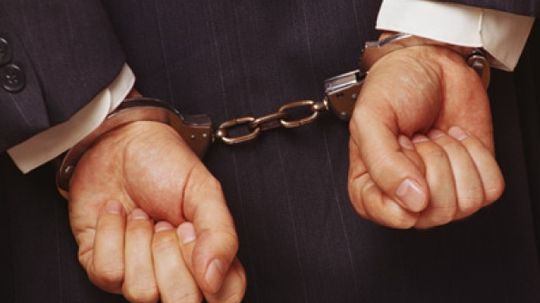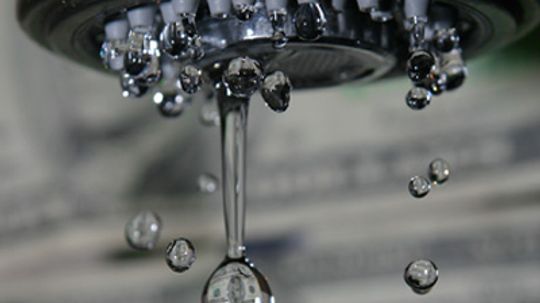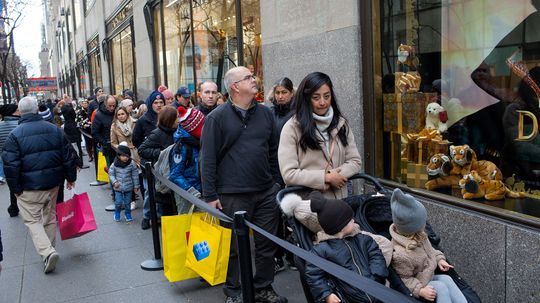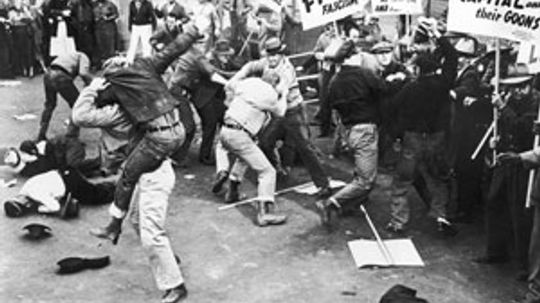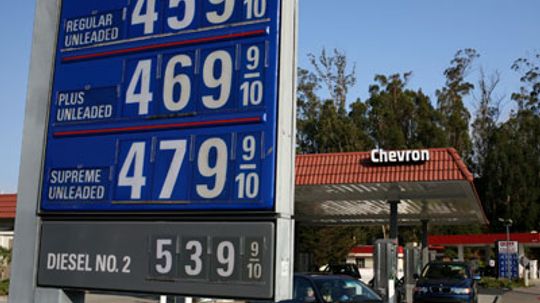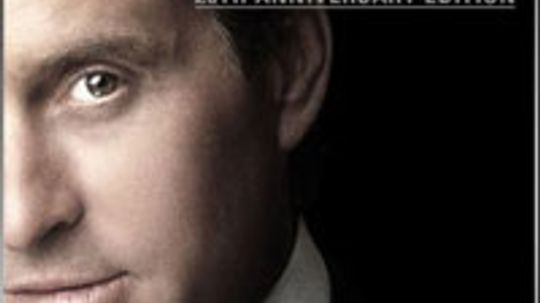Economics
Curious about capitalism, the monetary system or white collar crime? Check out these articles. The Economics Channel defines and explores economic terms and controversies.

Want to Support Veterans? 4 Tips for Finding Good Charities

No Shave November Is More Than Mustache Month
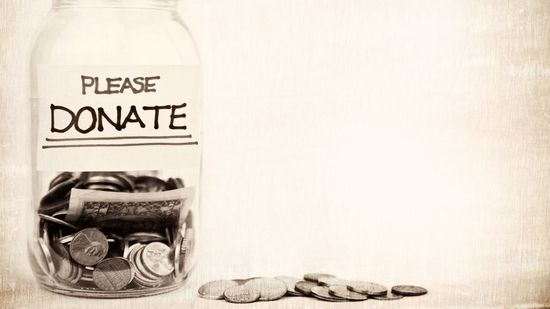
5 Questions to Ask Before Donating to a Charity
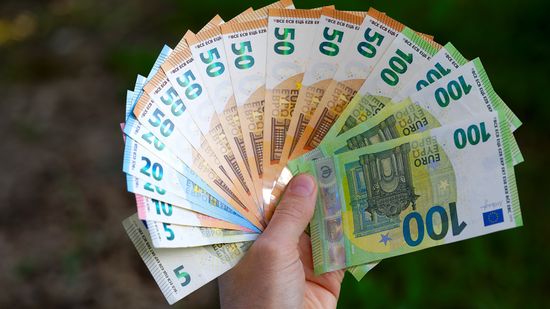
The Least Valuable Currency, Compared to the U.S. Dollar
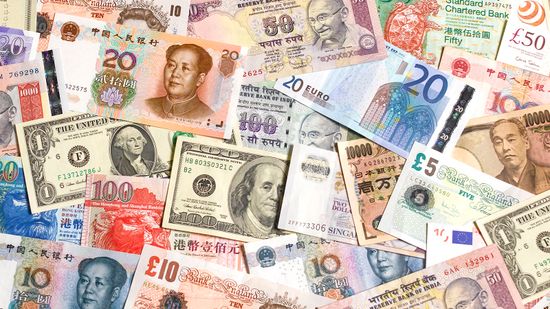
What Is the Strongest Currency in the World?
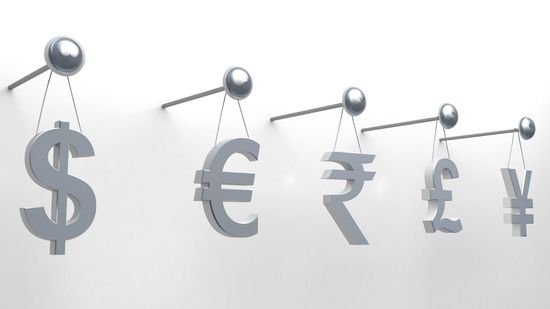
The Fascinating Stories Behind 5 of the World's Big Currency Symbols
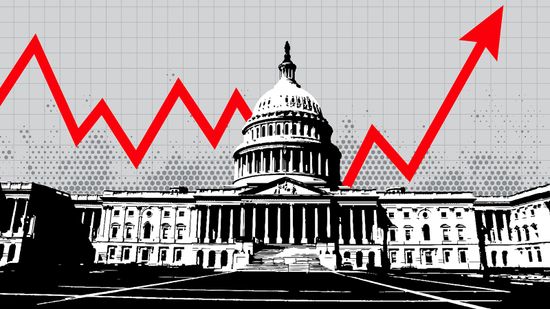
10 Largest Economies in the World, Ranked by Nominal GDP

What's the Most Expensive State to Live In?
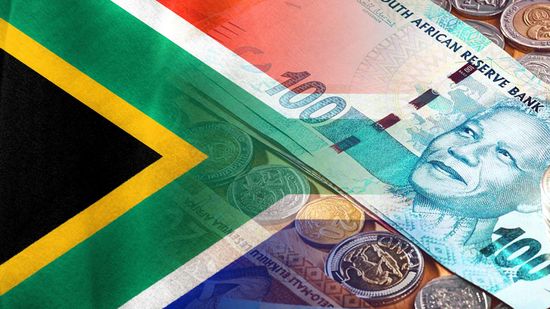
The Richest Countries in Africa, Based on GDP
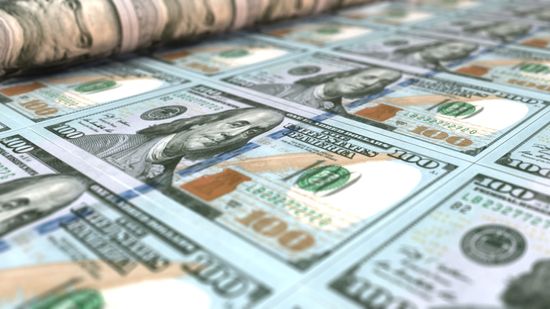
The 10 Countries With the Most Billionaires Span 4 Continents

How Many Billionaires Are in the U.S.? More Than Any Other Nation
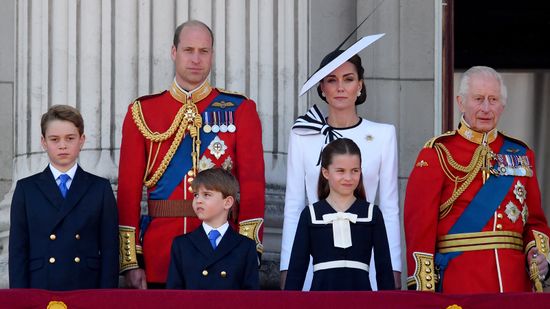
The Richest Kid in the World Is Worth $5B — Which Royal Is It?
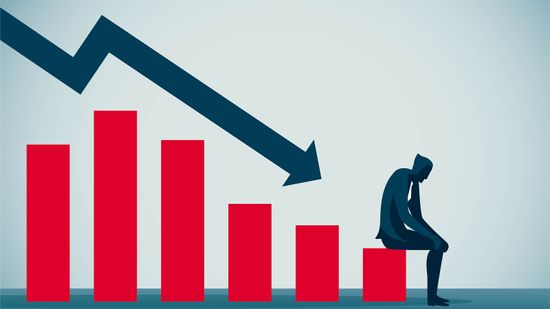
10 Worst Recessions in U.S. History, Listed Chronologically
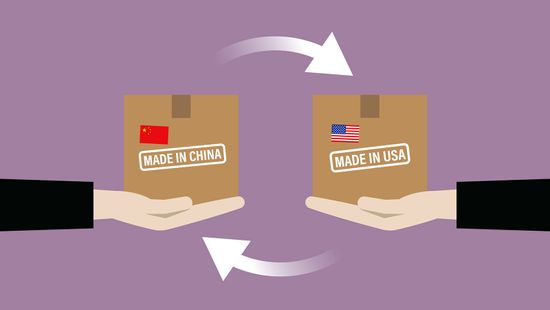
Retaliatory Tariffs, Trade Wars, Crashing Economies, Oh My!
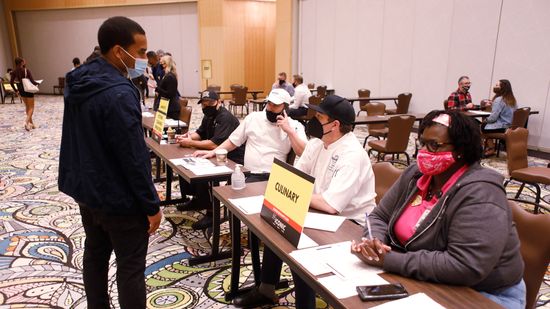
Why the U.S. Monthly Jobs Report Matters
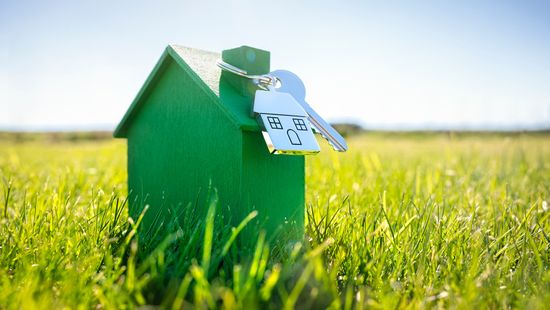
10 Landlord-friendly States (Spoiler: No West Coast Candidates)
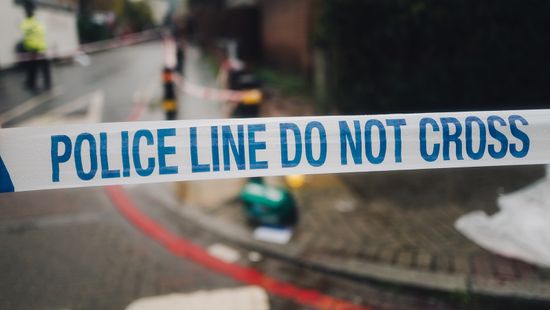
Most Dangerous Cities in the U.S. by Cost of Crime per Capita
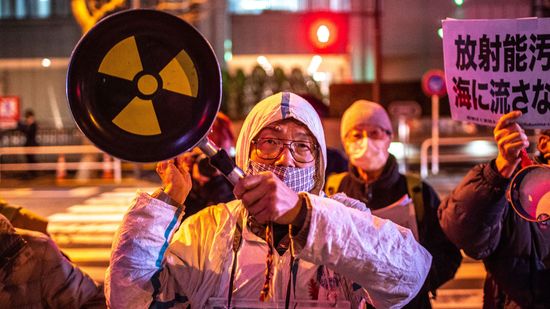
Who Paid the Largest Criminal Fine in History and Why?

Neighbor-spoofing Robocalls Are the New Nuisance
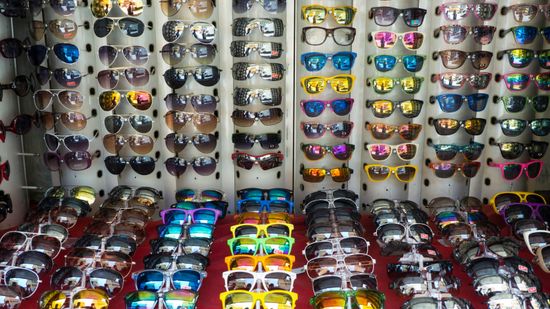
The 10 Most Counterfeited Products in The World
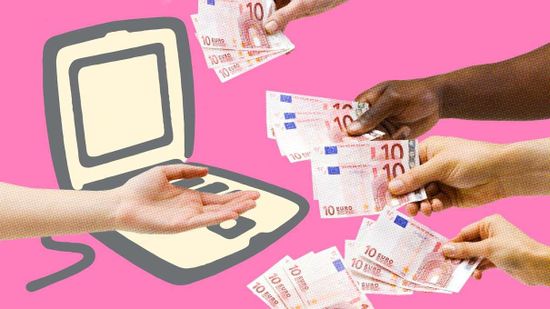
Crowdfunding or Crimefunding? Fraudsters Kickstart Money Laundering Campaigns

The 5 Best AI Stock Pickers for 2026: Beat the Market While You Sleep?
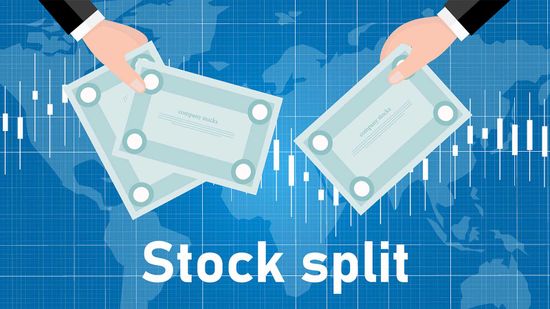
Why Big Companies Like Tesla and Amazon Are Splitting Stocks
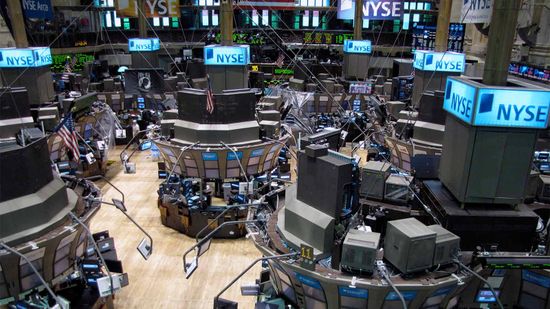
What Time Does the Stock Market Open?
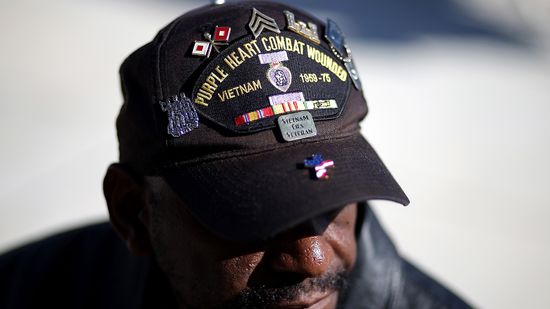
How to Volunteer to Help Disabled Veterans
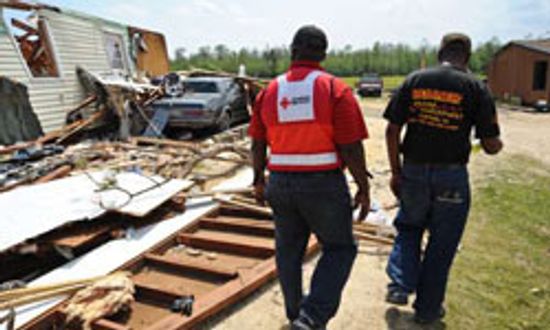
10 Best Volunteer Activities in Retirement

Does the Peace Corps want retired volunteers?
Learn More / Page 10
All people are born with the capacity for conscience and therefore deserve to be treated with dignity -- this is the premise behind human rights. So how do we protect our inalienable rights?
When it comes to monitoring food safety, the enforcers range from international operations like the World Health Organization to huge domestic organizations like the FDA and USDA to your local health inspector.
In the last four decades, hundreds of gay rights organizations have sprung up to win the right to work, go to school, get housing, have children, serve in the military and receive medical care without fear of discrimination or violence.
Advertisement
Faith-based charities like the Salvation Army, Catholic Charities, Volunteers of America, Lutheran Social Services and Jewish Family & Children's Service provide a huge array of services to the nation's sick, elderly and poor.
Probably the best reason of all -- and the most popular -- for volunteering is to help others by making a difference and giving back to your community. But what are some of the other best reasons to volunteer?
There are many volunteer opportunities to help those who are handicapped, but what if you are handicapped and you want to be the one volunteering to help others?
You've decided to coach your niece's after-school soccer team. The next day you read about a volunteer coach who is being sued by some parents. Does that mean you need liability insurance before you start coaching?
Advertisement
Grants by definition are given to volunteers. The idea is to provide financial help to those who are trying to make a positive impact on society.
Social Security disability insurance benefits can usually only be received if you cannot work because of an illness or disability. Does this mean you can't volunteer?
Do you feel sad, tired and stressed out? Are you overwhelmed by all the things you have to do? These signs could indicate that you're suffering from a silent epidemic: volunteer burnout.
While working in the United States can be difficult for a foreigner, volunteering is usually pretty simple. Forget the hassle of work visas. As long as you aren't being compensated for your volunteer work, you shouldn't need one.
Advertisement
So, are you finally ready to quit the 9-to-5 corporate grind and save the world? Here's all you need to know about starting your own nonprofit organization.
By Libby Little
The U.S. president rakes in a salary of $400,000 and lives in a 132-room mansion. With a full-time pastry chef and a private cinema at his disposal, the leader of the free world wants for nothing. But which perks are the priciest?
We can't live without food. But sometimes instead of nourishing our bodies, it can actually kill us. And it's no cheap (or easy) task to get that food off the market. These are 10 of the biggest food recalls in history.
By Jane McGrath
When you want sound financial advice, you probably don't think to consult the woman selling $30 tubes of lipstick at the cosmetics counter. But could she have a better handle on the whims of the economy than your CPA does?
Advertisement
Ponzi schemes may not seem so bad. You invest some money, and when more people join, you get your investment back -- plus returns. The problem? For one, these schemes are illegal. And you only win if you're not in the bottom rung.
By Josh Clark & Jane McGrath
How do illegal drugs reach consumers without detection? There are points -- known as narco states -- along the world's drug supply chain where illegal substances are bought and sold with governmental approval.
By Josh Clark
Money scams have been separating people from their cash for hundreds of years. In this gallery, see some of the most ruthless scams of the 20th and 21st centuries, and learn what you can do to protect yourself.
It's a pretty simple idea: Whatever revenue wealthy citizens generate will eventually trickle down to the lower classes. But it's tough to find the logic in the theory of trickle-down economics when mainstream America is going hungry and the upper cr
By Jane McGrath
Advertisement
Sure, the guy or gal in the modest business suit seems as honest as Abe. You think you could trust him or her with your life. But could he or she be skimming the books or dabbling in other forms of white-collar crime?
By Jane McGrath
Want to get a debate going? Ask a group of politicians if trickle-down economics really works. For a few centuries now, theorists have been postulating that giving society's top earners tax breaks will help the lower classes in the long run. Think it
By Jane McGrath
Waiting in endless checkout lines can make Scrooges out of the cheeriest holiday shoppers. Many of us brave the mall mayhem to be part of the Black Friday rush. But to retailers' chagrin, most of us are browsing and not buying on this storied day.
They range from factory workers to plumbers to professional athletes. Labor scabs -- sometimes under threat of bodily harm -- fill jobs when union workers go on strike.
By Dave Roos
Advertisement
Before most people were even aware there was an economic crisis, investment managers looked for lucrative investments. What they settled on was oil futures, and those futures brought speculation.
By Josh Clark
In the type of free market Adam Smith, father of capitalism, imagined, markets would correct themselves in the face of recession by weeding out weak businesses and individuals. Why bail out bad failing business, then?
By Josh Clark
